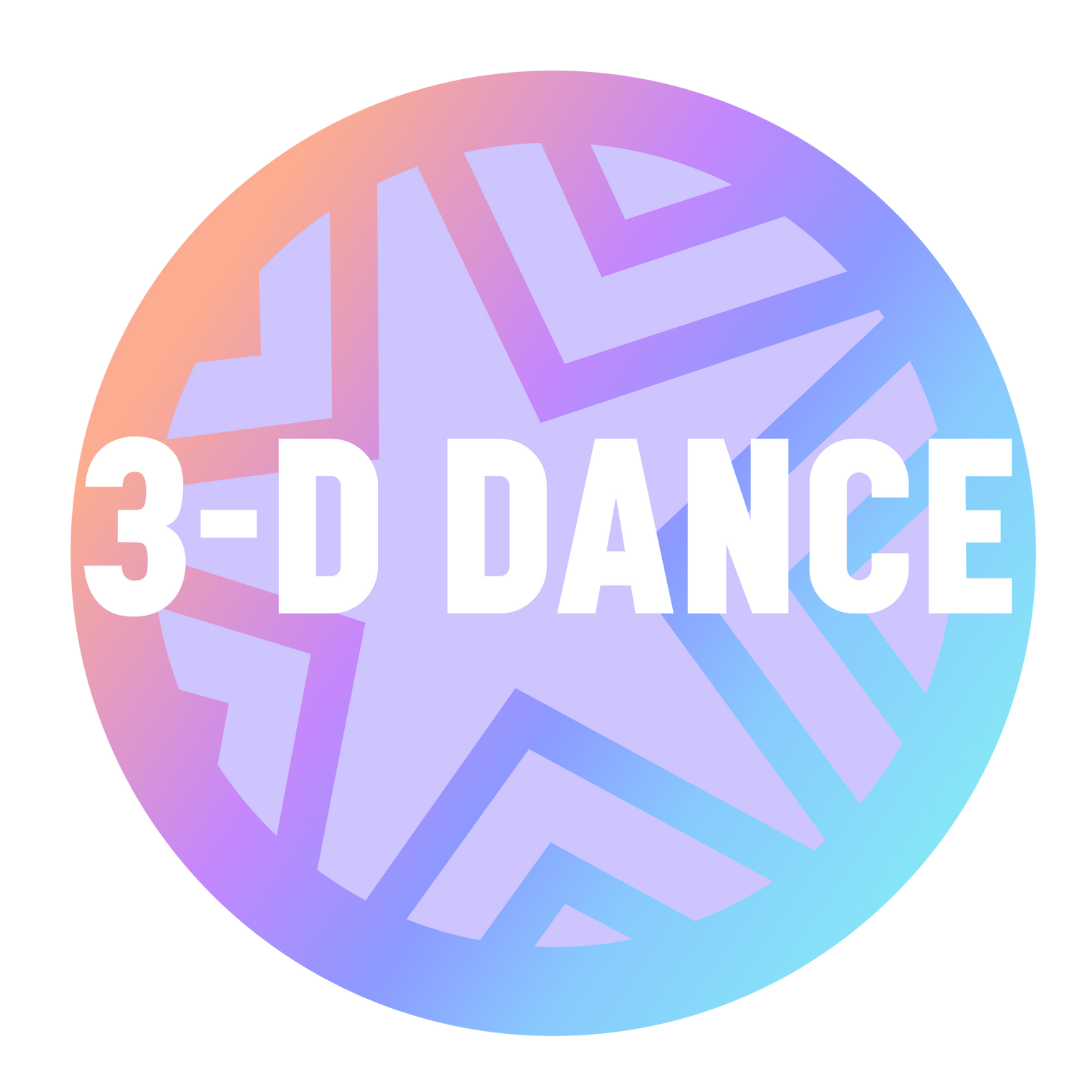
3-D DANCE BLOG

Supporting the Formal-Operational Stage of Development in Dance Class (Ages 12 and up)
Introduction:
An intentionally designed dance classroom experience can help promote the growth of physical, emotional, social, and cognitive (brain) development in children. To capitalize on the critical experiences in the most formative years, our 3-D Dance our staff receives ongoing professional training on how to apply Piaget’s Theory of Cognitive Development in the dance classroom environment to provide best support to our dance students’ through developmentally appropriate practices. Additionally, we integrate BrainDance concepts into our weekly curriculum which facilitates critical brain pathways in the child’s brain.
It has never been more critical for our dancers’ classroom experiences to support cognitive progress, following the significant delays in natural development patterns that have occurred due to pandemic disruptions, resulting in decreased experiences that would have naturally facilitated social, emotional, physical and cognitive maturity.

Critical points for caregivers to understand about each Stage in Piaget’s Theory of Cognitive Development are:
Each stage is a basis of the formation of later stages.
All normal children must follow the sequence of development, however not all children will reach the next stage at the same age depending on the individual child’s cognitive development, experience, and maturity.
The dance teacher’s job is to teach in a way that supports the stage of cognitive development of the children in the class.
Cognitive conflicts can occur when the incoming information is inconsistent with students’ current cognitive development. (In simple terms, the child simply does not yet understand.)
Growth and development varies by age resulting in different behaviors and needs, so classroom instruction must be adapted to focus on the student’s development stage in order to facilitate an environment of healthy growing and happy learning for children. Please note, these generalizations apply to a wide range of developmentally “typical” children, but there could always be children who are developmental “outliers” for various reasons.

In this blog post, we will be applying Piaget’s Formal Operational Stage (typically ages 12 and up) into 4 areas:
1. Characteristics of Formal OperationalStage
2. What caregivers may notice about your children in this stage
3. How to support this stage in the classroom
4. Cognitive conflicts to avoid in the classroom

Characteristics of the Formal Operational Stage:
When an adolescent child enters the stage of Formal Operations, he or she begins solving problems not by observing or acting, but by thinking of possibilities.
Abstract reasoning develops in this stage.
Students begin to think with reverse logic, and use reasoning skills using objects that correlate. (“If this, then this” or “If this scenario is true, then I can draw a similar conclusion in another scenario.”)
Motor development includes mastery of specialized and detailed movement.
Emotions are added into dancing because the skill of empathy and range of healthy emotional expression has matured.
The Formal Operational student is able to perform visually interesting combinations in dance choreography, and is ready to expand beyond systematic movement sequences such as “Do this four times to the right and four times to the left.”

Behaviors that caregivers may observe in Concrete-Operational dancers include:
Formal Operational students are able to significantly rework choreography and formations to make improvements or last-minute adjustments to the performance.
Formal Operational students are able to focus on four or more elements at once, as they can see and understand many aspects of a movement at one time.
Formal Operational students think in relation to ideals— they wonder what “should be”— and can become more critical of adults, including parents and teachers. In the stage, the dance teacher must now establish credibility through expertise and empathy.
Formal Operational students may become critical of their own work, and they become more frustrated by what they perceive to be their own inadequacies. A student may choose to avoid opportunities if they feel they are not “good enough.”

Supporting the Formal Operations Stage in Dance Classes:
Children in the Formal Operational stage are able to enjoy dance because abstract reasoning has developed and they begin to break free from perceptual limitations to perform interpretational thinking. Interactions among psychological states, emotional states, intellectual ability, and individual uniqueness grows rapidly, and future goals are established. The following teaching suggestions are developmentally appropriate for Formal Operational dancers:
Let students have space to express themselves freely, interpreting the movement in a personal way, rather than having them imitate the teacher exactly.
Add the practice of “dance improvisation” into the curriculum, encouraging students to think diversely, and support ideas proposed by students.
Provide time for students to discuss and exchange ideas with classmates and the teacher.
Enable students the opportunity to experience contradictions in their ideas and listen to others’ ideas.
Teach students the origins of different dances, different cultures, different patterns at different times, and concepts of choreography.
Invite a variety of instructors to the class over time in order to expand students’ perspectives.
Have students formally evaluate their own performance and use it to see whether the curriculum achieves goals of skills, cognition, and emotions.
A teacher who seems critical, judgemental or non-credible will create a cognitive conflict at this stage because students will not respond positively to these characteristics.
It is important for caregivers to note that only one third of young adolescents consistently think at a level of formal operations. Piaget has noted that normal individuals by age 20 achieve formal operations only in those areas of thinking in which they have particular interest and experience. With this in mind, we would expect that adolescents with interest and experience in dance would be able to think about dance in abstract and hypothetical terms, but we would not expect students without a dance background to be able to do so. This would indicate that in dance classes for adolescent beginners or adult beginners, dance concepts need to be presented in the concrete operational terms, developmentally appropriate for students in the concrete operational stage.

Takeaways:
Based on Piaget’s developmental stages and how they apply in the dance class, one could easily agree that dance classes develop advanced cognitive skills.
Developmentally appropriate classrooms are classrooms that meet the child in their current stage of development and avoid creating cognitive conflicts for the child.
Cognitive development is a progression and one concept must be established before the next.
Parents, the best thing you can do for your dancer is enroll him/her in a developmentally appropriate dance class, where his/her cognitive, physical and emotional development will be supported and they will flourish! If you learned something helpful about your Formal Operational child, be sure to let us know in the comments!
Welcome to 3-D Dance
As parents find it harder and harder to carve out important family time while allowing their children to pursue their passions through extra-curricular activities in a physically and emotionally safe environment, 3-D Dance remains committed to providing a quality dance education that provides the balance that children need between work and play. Our studio culture facilitates finding like-minded families to journey with as children learn and grow together.
For assistance in finding the right opportunities for your child at 3-D Dance, please email [email protected] or call/text (469) 747-1760
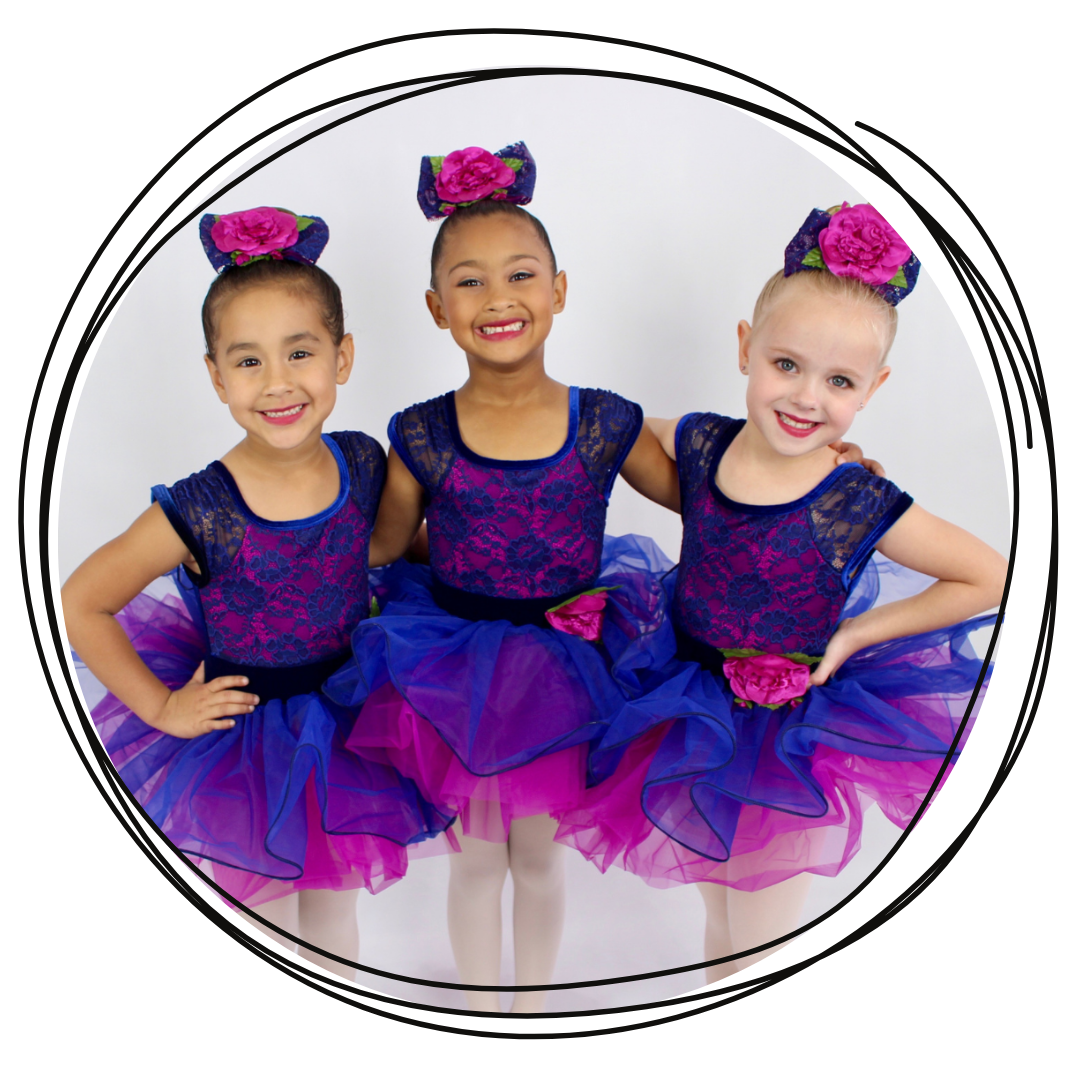
Contact Us!
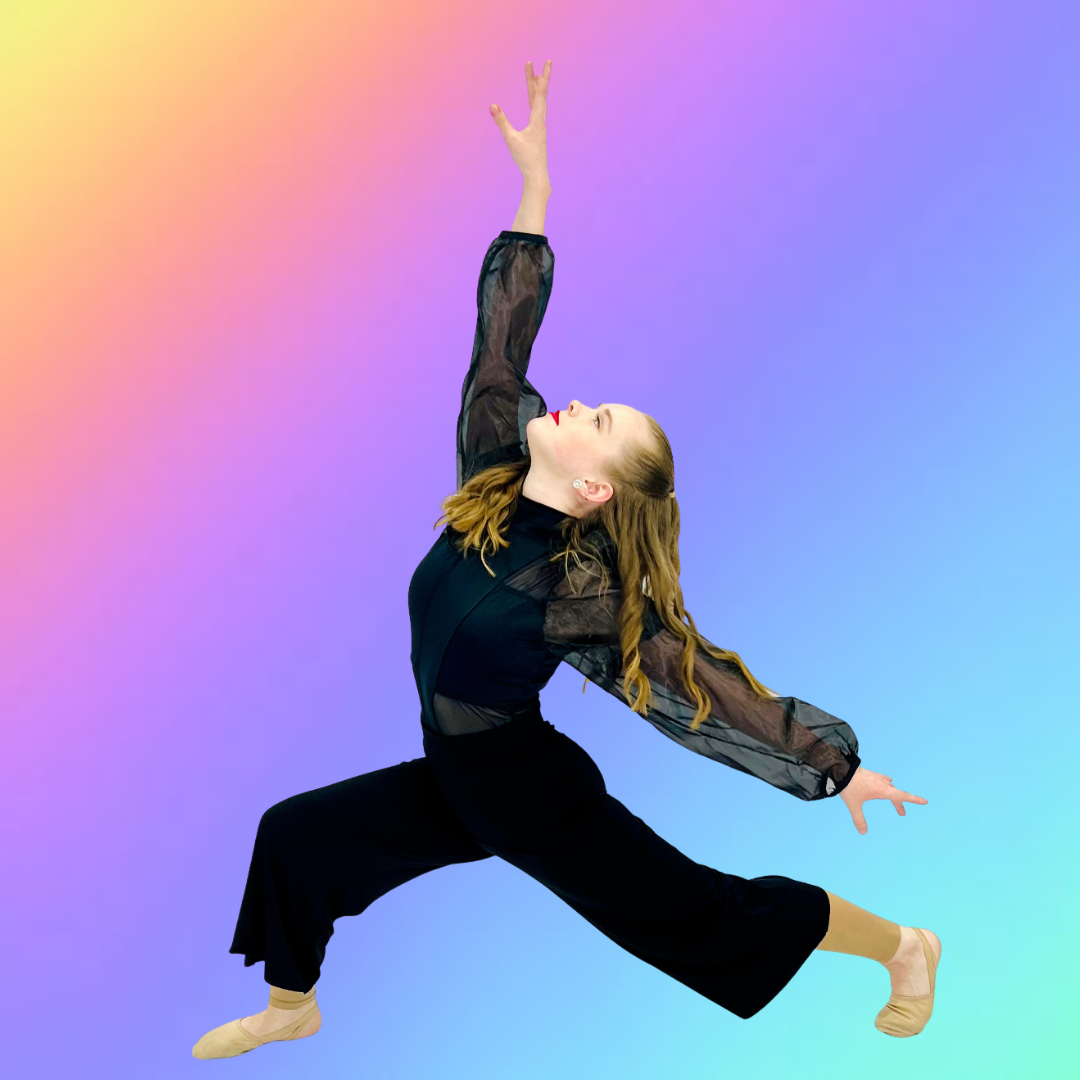
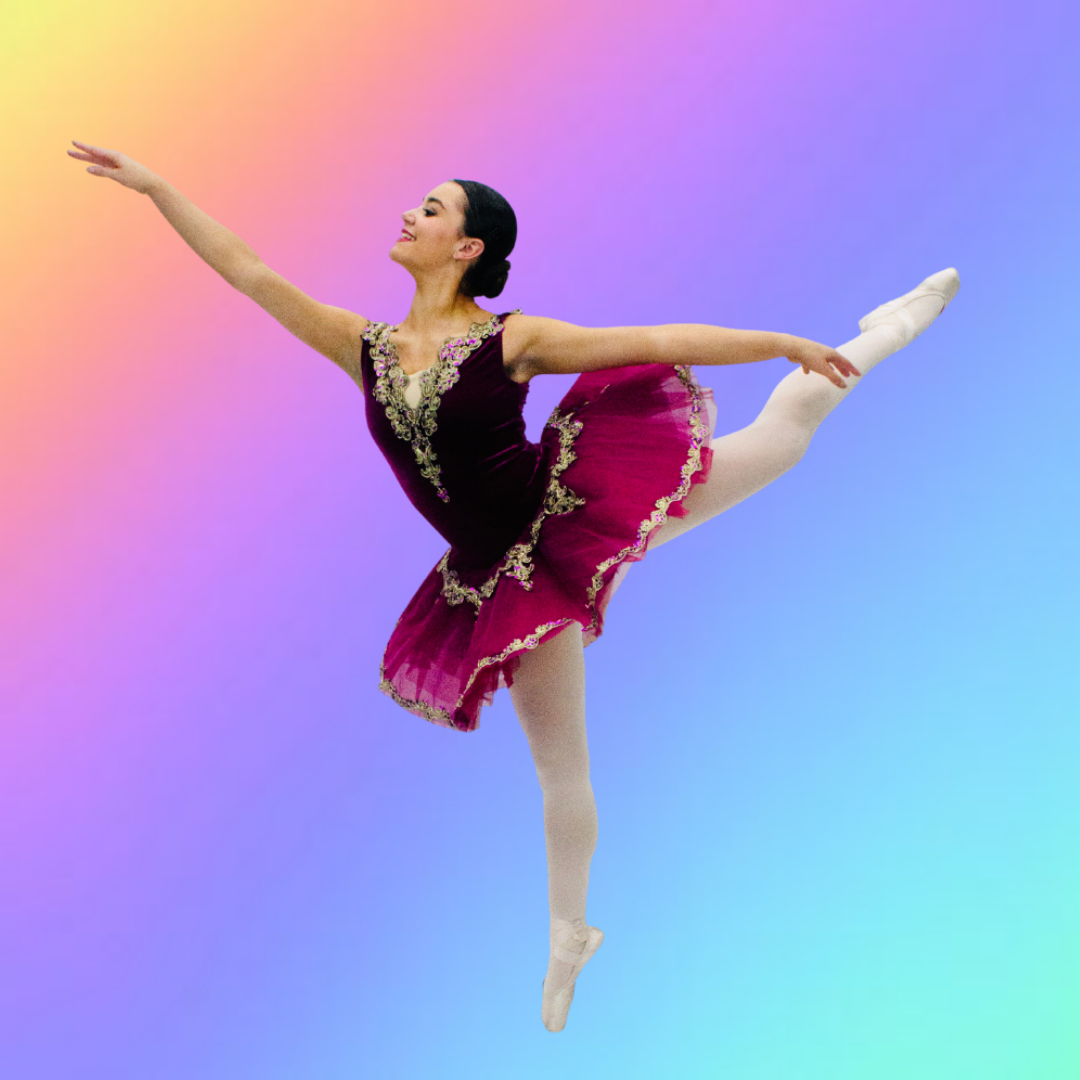
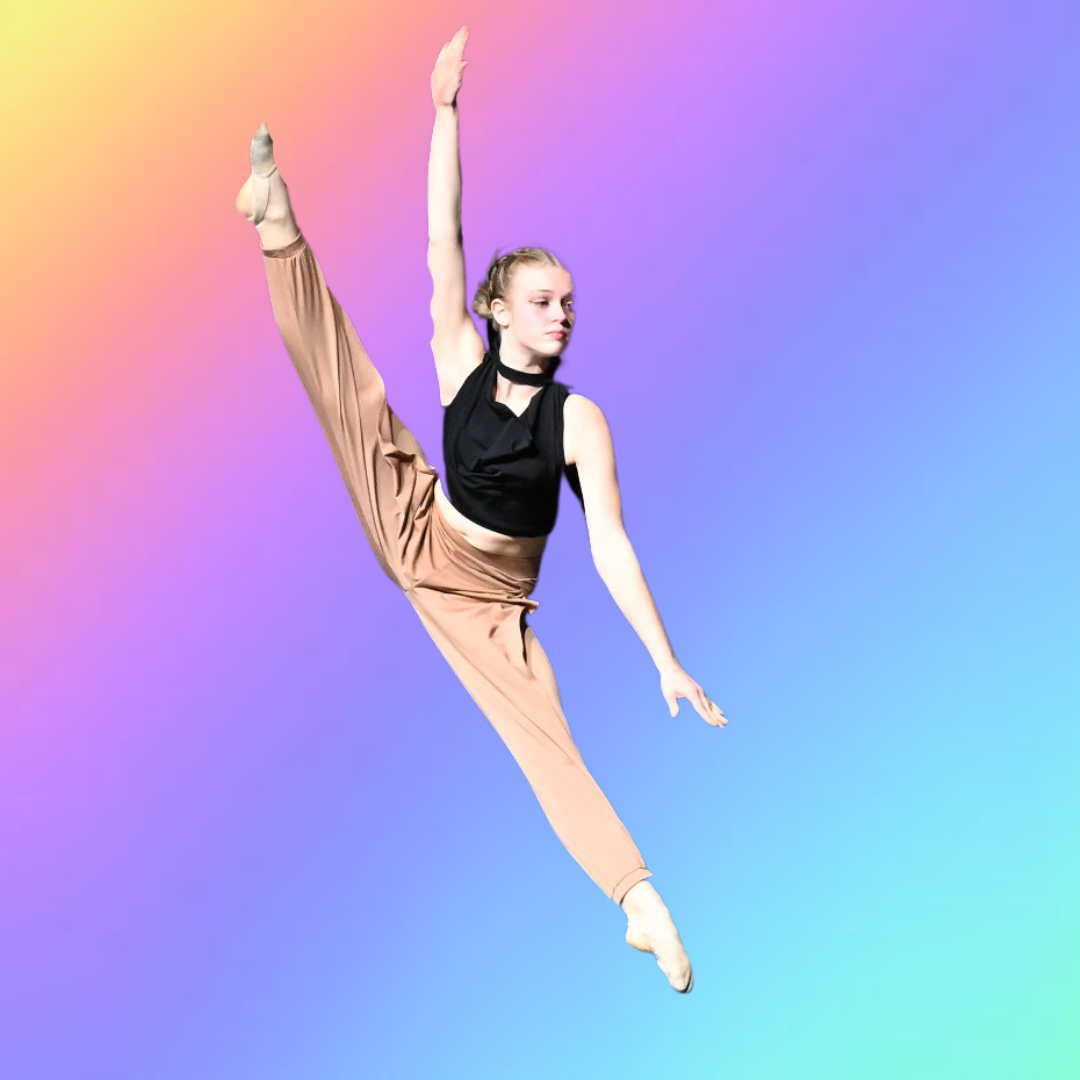
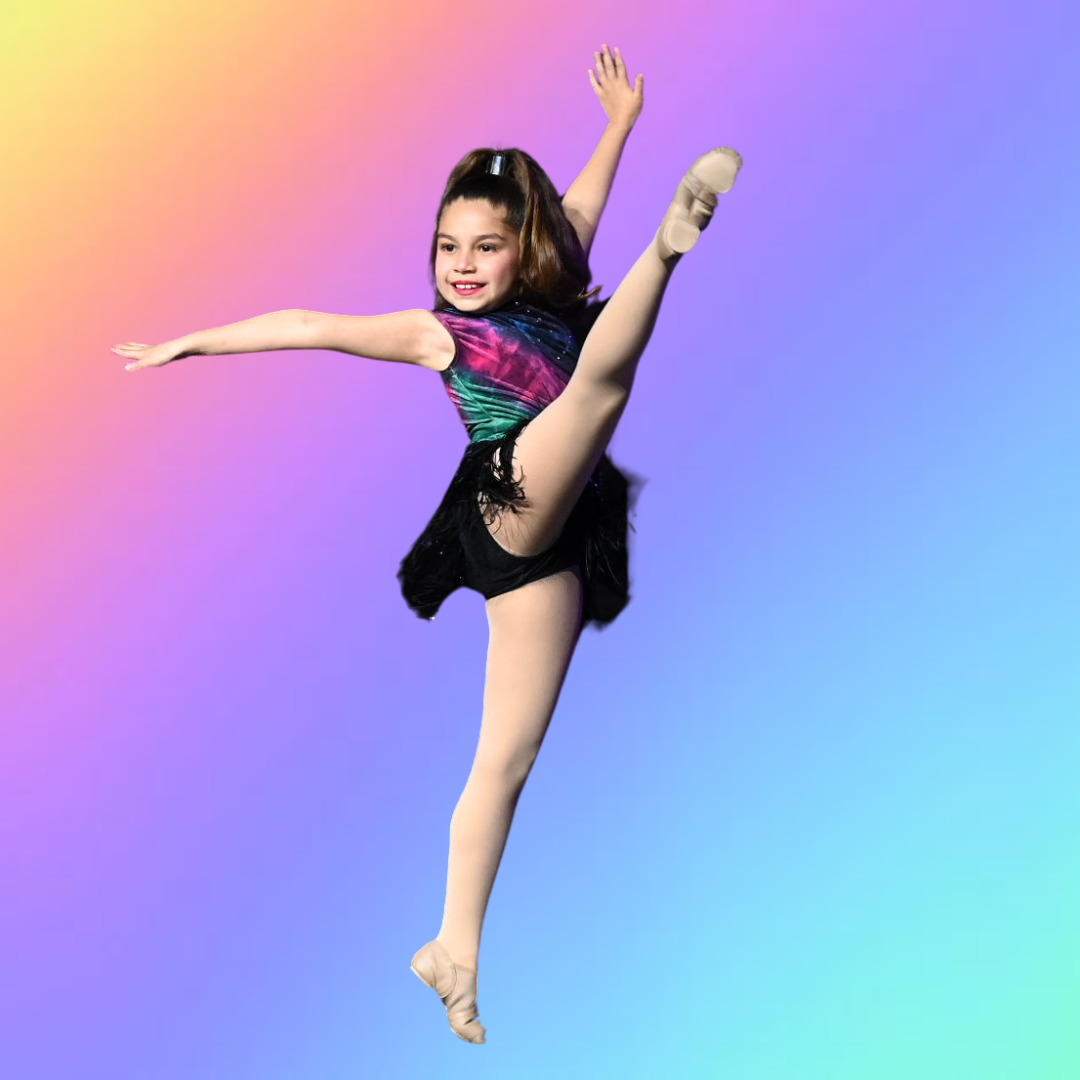
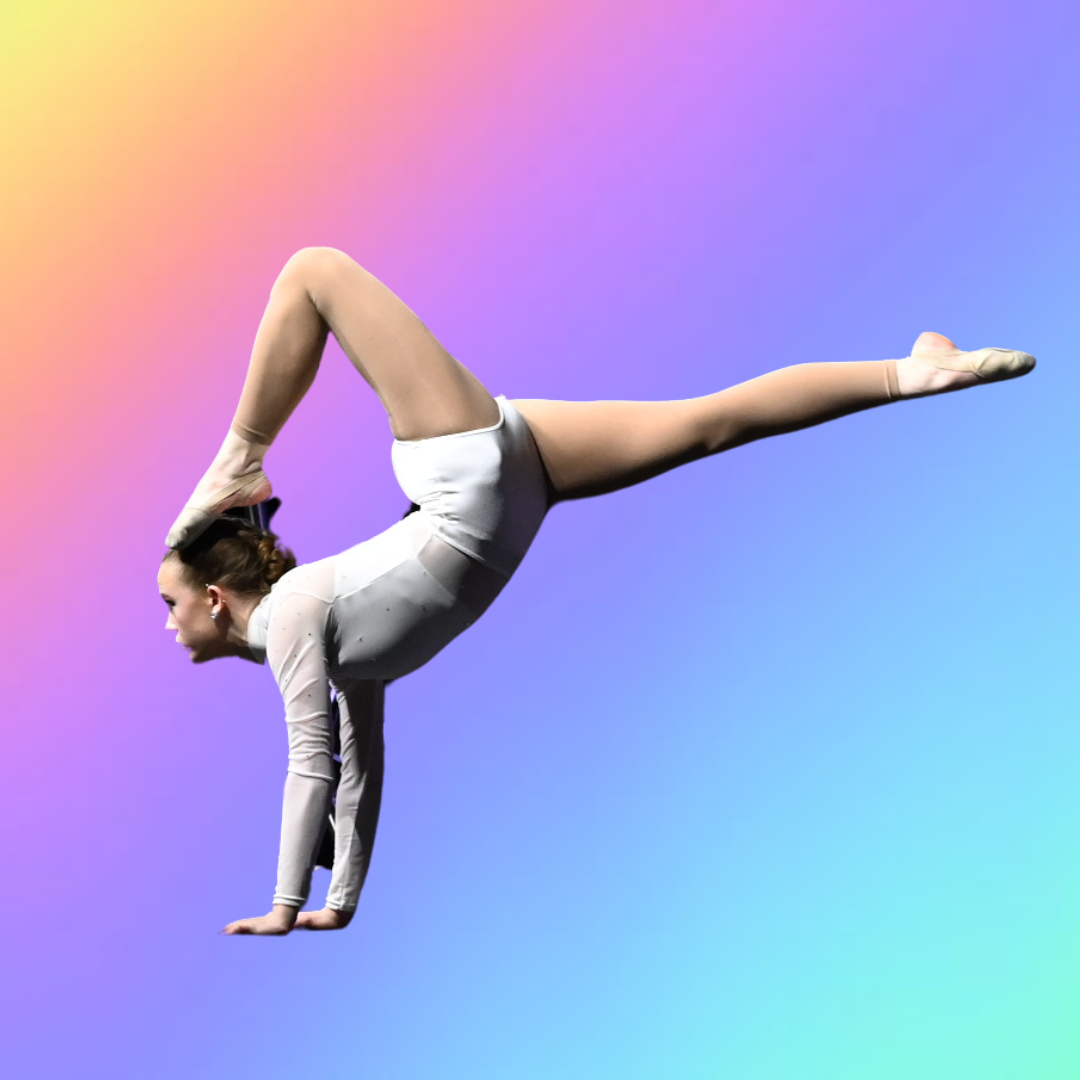
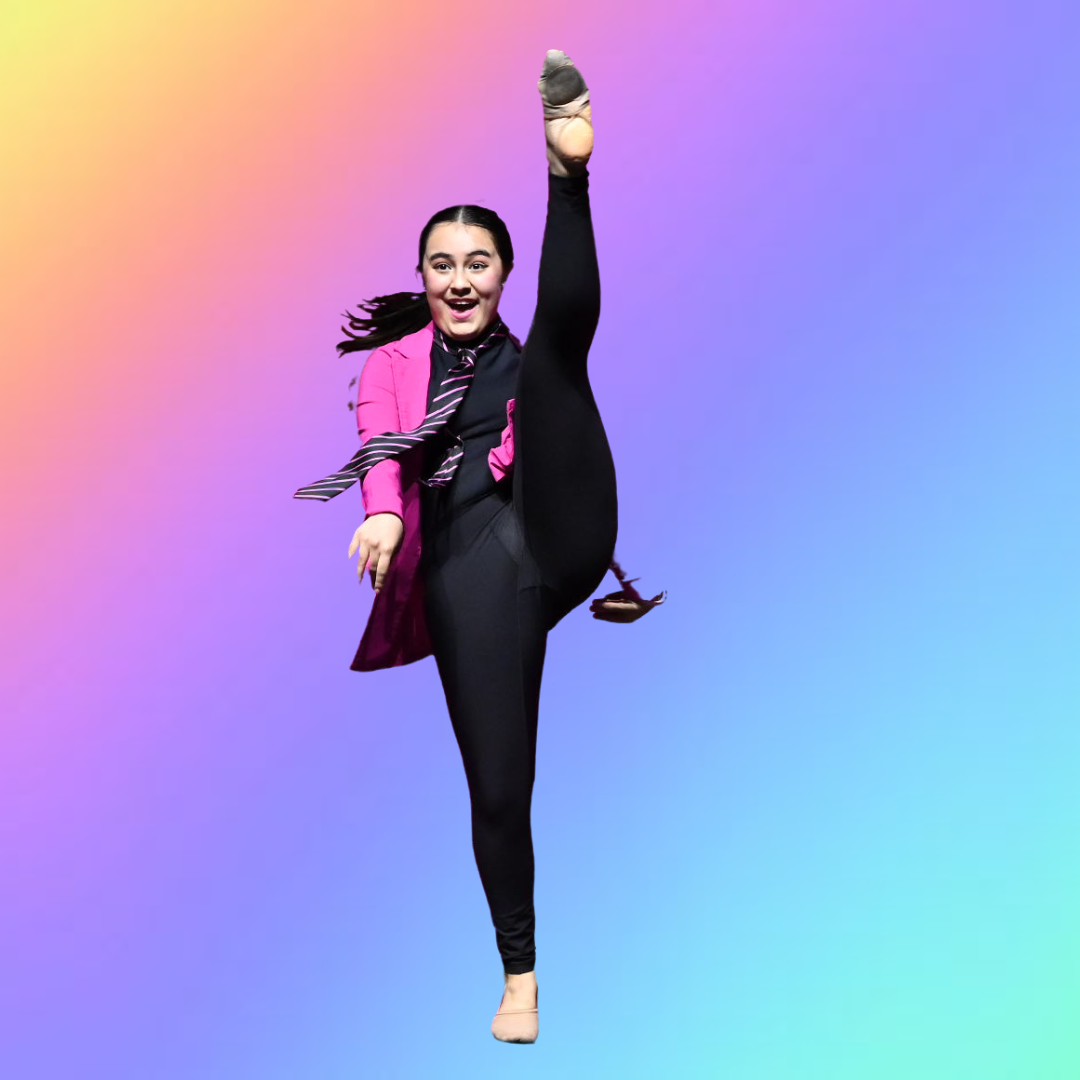
Aubrey/Little Elm Location
26772 HW 380 East
Little Elm, TX
Celina Location
3260 S. Preston Rd
Celina, TX
Frequently Asked Questions
How do I schedule a trial class?
Lorem ipsum dolor sit amet, consectetur adipisicing elit. Dolores dolorem adipisci ipsa, quasi nostrum quos culpa, illo perferendis
What is your class make-up policy?
Lorem ipsum dolor sit amet, consectetur adipisicing elit. Dolores dolorem adipisci ipsa, quasi nostrum quos culpa, illo perferendis
What is your refund policy?
Lorem ipsum dolor sit amet, consectetur adipisicing elit. Dolores dolorem adipisci ipsa, quasi nostrum quos culpa, illo perferendis
How do I schedule a trial class?
Lorem ipsum dolor sit amet, consectetur adipisicing elit. Dolores dolorem adipisci ipsa, quasi nostrum quos culpa, illo perferendis
What is your class make-up policy?
Lorem ipsum dolor sit amet, consectetur adipisicing elit. Dolores dolorem adipisci ipsa, quasi nostrum quos culpa, illo perferendis
What is your refund policy?
Lorem ipsum dolor sit amet, consectetur adipisicing elit. Dolores dolorem adipisci ipsa, quasi nostrum quos culpa, illo perferendis
3-D Dance Aubrey/Little Elm
3-D Dance Celina
3-D Dance
3-D Dance is a dance studio located in Aubrey and Celina with a team of professional dance educators dedicated to growing tomorrow's leaders through dance!
Email: [email protected]
Telephone: 469-747-1760


